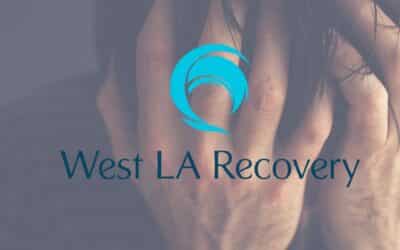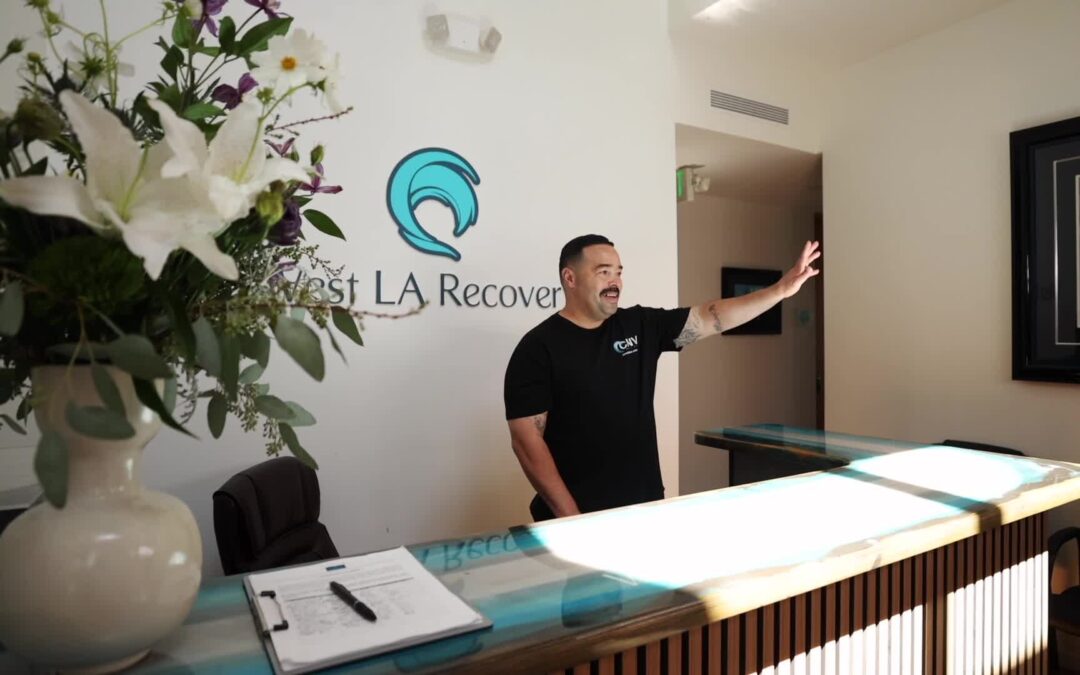1. Physical Symptoms of Substance Use
Identifying physical signs of substance use can be crucial in determining if a loved one might be using substances. Here are some key indicators:
- Changes in Appetite and Weight Fluctuations: Sudden loss or gain in weight, often linked to altered eating habits, can signal substance abuse.
- Bloodshot Eyes and Variations in Pupil Size: These are classic signs when asking, “Are they high?” Pupils may appear unusually dilated or constricted.
- Neglect of Personal Hygiene and Grooming: Ignoring regular grooming routines may indicate deeper issues with substance use.
- Observable Marks from Intravenous Drug Use: Track marks on arms or other body parts can be telltale signs a loved one is on drugs.
- Distinct Smells Linked to Specific Drugs: Certain drugs leave a noticeable odor on clothes, breath, or skin, providing further evidence of use.
Recognizing these symptoms early can guide you to seek help and support for those affected.
2. Behavioral Changes Indicating Substance Use
Recognizing substance use often begins with identifying behavioral changes due to drugs. These transformations can be subtle but significant, impacting daily interactions and routines.
- Increased secrecy or defensiveness: Individuals may become secretive about their whereabouts or activities, often reacting defensively when questioned. This behavior might manifest in vague responses or avoiding conversations altogether.
- Withdrawal from family, friends, and previous social circles: A noticeable retreat from social engagements and long-standing relationships is common. This withdrawal could indicate an attempt to hide substance use or a shift in priorities away from meaningful connections.
- Decline in academic or occupational performance: You might observe a drop in productivity or focus at work or school. Missed deadlines, poor grades, or frequent absenteeism can be red flags pointing towards substance misuse impacting one’s ability to function effectively.
- Mood swings and unexplained irritability: Sudden changes in mood, including irritability or agitation without clear cause, are often associated with drug use. These emotional fluctuations can disrupt personal relationships and daily life.
3. Psychological Effects Associated with Drug Use
Understanding the psychological effects of drugs can be crucial in identifying substance use issues. One common symptom is memory issues along with difficulties in concentration, which can disrupt daily life and lead to significant challenges at work or school.
1. Memory Issues and Concentration Difficulties
Drug use can impair cognitive functions, leading to forgetfulness and an inability to focus on tasks.
2. Signs of Anxiety or Paranoia During Withdrawal Phases
The withdrawal period often brings heightened anxiety symptoms or episodes of paranoia. These symptoms of addiction signal that the individual’s mental state is being heavily impacted by substance use.
3. Uncharacteristic Behaviors That Deviate from the Norm
People may exhibit behaviors that are unrecognizable compared to their usual demeanor. These may include irrational fears, sudden changes in personality, or erratic actions that were not present before drug use.
Recognizing these signs early can aid in addressing the issue before it exacerbates into more severe psychological disorders.
4. Lifestyle Changes as Signs of Substance Abuse
Understanding how lifestyle changes caused by drugs can help us identify substance abuse is very important. Here are some key signs to look out for:
Financial Problems
One major sign is the financial issues caused by substance use. People may spend a large part of their income on feeding their addiction, which often leads to unpaid bills, accumulating debt, and a decline in financial stability.
Risky Behaviors
Another clear indication that someone is using drugs is their involvement in dangerous activities. For example, driving while under the influence not only puts the individual at risk but also endangers others on the road. These actions show a lack of respect for personal and societal rules and highlight the seriousness of substance dependence.
Neglecting Responsibilities
When someone prioritizes substance use over everything else, it often results in them neglecting their responsibilities. This could mean missing deadlines at work or school, failing to meet family obligations, and generally not caring about things that used to be important to them. It’s crucial to recognize these changes in lifestyle in order to effectively address potential substance abuse problems.
5. Recognizing Alcohol Abuse Symptoms
Identifying signs of alcohol abuse can be challenging, especially distinguishing between casual drinking habits and signs of alcohol addiction. A few key indicators help in recognizing these distinctions:
1. Signs of Alcohol Addiction vs. Casual Drinking Habits
Frequent drinking that escalates into a daily necessity suggests addiction rather than social or occasional consumption.
2. Common Symptoms Indicating Alcohol Use Disorder (AUD)
These include a persistent craving for alcohol, inability to limit intake, and experiencing withdrawal symptoms such as nausea or irritability when not drinking.
3. Impact on Relationships and Responsibilities
Alcohol abuse often leads to strained relationships as individuals may prioritize drinking over family commitments or professional duties, resulting in neglecting responsibilities.
Understanding these alcohol addiction symptoms is crucial for early intervention and support. Recognizing the pattern of behavior changes associated with alcohol misuse allows individuals and families to seek necessary help before further deterioration occurs.
6. Understanding Opioid Withdrawal Symptoms
Recognizing opioid withdrawal symptoms is crucial in identifying and addressing addiction. These symptoms often manifest physically, making them easier to detect. You might notice individuals experiencing nausea, vomiting, and flu-like withdrawal effects, which can include muscle aches, chills, and sweating.
Beyond physical discomfort, the emotional toll of opiate withdrawal can be profound. Those going through withdrawal may exhibit signs of anxiety, depression, or even paranoia. It’s common for individuals to feel overwhelmed by these emotions, complicating their recovery journey.
Acknowledging these signs is vital for early intervention. Being aware of the symptoms of opiate withdrawal enables you to take timely action, potentially preventing further health deterioration. This awareness not only aids in personal recovery efforts but also empowers loved ones to provide necessary support. Identifying these indicators early can make a significant difference in managing addiction and facilitating recovery pathways effectively.
7. Adderall Addiction Signs and Their Implications
Recognizing Adderall addiction signs can be critical for early intervention. Key indicators of misuse include:
- Increased tolerance leading to higher doses for the same effect.
- Compulsive behavior such as taking the drug without medical necessity.
Behavioral changes often accompany stimulant abuse indicators:
- Hyperactivity or restlessness, which might appear out of character.
- Aggressive or erratic behaviors, potentially affecting relationships.
The long-term effects of addiction to Adderall can significantly impact one’s health and quality of life:
- Prolonged use may result in severe cardiovascular issues, including hypertension and heart palpitations.
- Psychological impacts such as anxiety, depression, and paranoia can develop over time.
Understanding these signs is crucial. Recognizing when someone is on drugs or noticing signs of alcoholics requires a keen eye for behavioral shifts and physical symptoms. If you suspect a loved one is struggling with addiction, it’s important to know how to support them in their treatment journey. Additionally, understanding the broader implications of addiction can provide valuable context for both the affected individuals and their loved ones.
Seeking Help for Substance Use Issues
Recognizing the signs someone is on drugs is a crucial step toward intervention and recovery. At West LA Recovery Services, we offer comprehensive support for individuals grappling with substance use challenges. Our dedicated team provides personalized care plans tailored to each individual’s needs.
If you or someone you know is seeking assistance, please reach out to us. Contact West LA Recovery Services for guidance and support on the path to recovery. Your journey toward a healthier life can start today.







